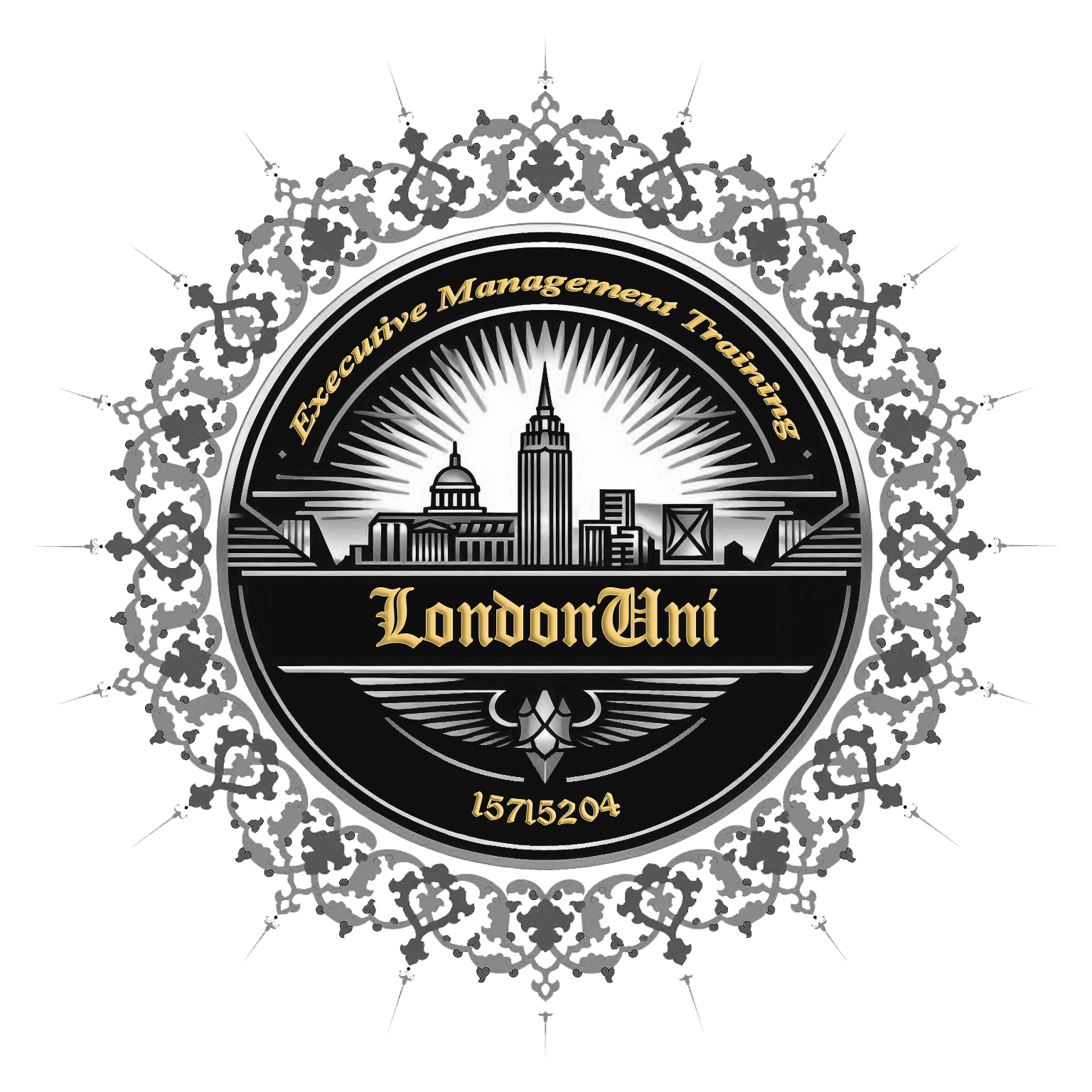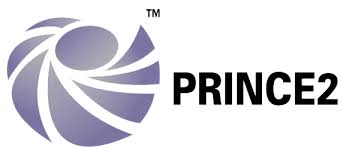
Strategic Vision and Mission Thinking, Planning and Implementation
Course ID: 2512017101418EGI
Course Dates : 01/12/25 Course Duration : 5 Studying Day/s Course Location: Dubai, UAE
Language: Bilingual
Course Category: Professional and CPD Training Programs
Course Subcategories: Operations and Process Excellence
Course Certified By: * Projacs Academy
* Professional Training and CPD Programs
Certification Will Be Issued From :
KSA
Course Fees: £2,958.13
Vat Not Included in the price. VAT may vary depending on the country where the course or workshop is held.
Click to Pay
Date has passed please contact us Sales@e-s-hub.com
Course Information
Introduction
In an era defined by rapid technological advancements, shifting consumer expectations, and increasing global competition, organizations must navigate complex landscapes to remain relevant and sustainable. Strategic vision and mission thinking serve as the bedrock of effective leadership, guiding decision-making processes and aligning teams toward shared objectives. This course delves into the art and science of crafting compelling visions and missions, transforming abstract ideas into actionable plans, and embedding them into organizational culture. By exploring frameworks such as Jim Collins’ "Vision Framework" and Kaplan and Norton’s Balanced Scorecard, participants will gain insights into how strategic clarity drives performance and innovation.
Despite the importance of strategic vision and mission statements, many organizations struggle with vague or uninspiring formulations that fail to resonate with stakeholders. A study by Harvard Business Review revealed that only 40% of employees could articulate their company’s strategy, underscoring a critical gap in communication and alignment. This course addresses these challenges by equipping participants with tools to craft meaningful narratives that inspire action while addressing practical implementation barriers. Through case studies like Google’s transformational vision of "organizing the world’s information" and Tesla’s mission to accelerate the transition to sustainable energy, learners will see firsthand how strategic intent can galvanize entire industries.
The benefits of mastering this content extend beyond individual professional growth; they also contribute significantly to organizational success. Leaders who can articulate a clear vision foster higher levels of employee engagement, improve retention rates, and enhance overall productivity. For instance, Southwest Airlines’ commitment to low-cost travel without compromising customer experience has become synonymous with its brand identity, driving consistent profitability for decades. Similarly, individuals who understand the nuances of strategic planning are better positioned to secure buy-in from diverse stakeholders, manage resistance to change, and measure progress against key milestones. These competencies are particularly vital in dynamic sectors such as technology, healthcare, and finance, where adaptability is paramount.
To lend depth and rigor to the curriculum, this course draws upon established theories and methodologies. Participants will explore Michael Porter’s Five Forces Model to assess competitive environments, Simon Sinek’s Golden Circle to uncover purpose-driven motivations, and Peter Senge’s Learning Organization principles to foster continuous improvement. Real-world anecdotes, such as Patagonia’s environmental mission inspiring a generation of eco-conscious consumers, illustrate how values-based strategies can yield both financial returns and societal impact. Such examples underscore the interdisciplinary nature of strategic thinking, bridging management theory, marketing practices, and ethical considerations.
Moreover, this course recognizes the evolving demands of modern workplaces, where agility and foresight are indispensable traits. As businesses pivot toward digital transformation and remote collaboration, leaders must balance long-term aspirations with short-term imperatives. The training emphasizes adaptive planning techniques, scenario analysis, and stakeholder engagement models to prepare participants for uncertainty. By integrating lessons from Netflix’s ability to reinvent itself multiple times over two decades, attendees will develop resilience and creativity in their approach to strategy formulation.
Ultimately, this course empowers professionals to bridge the gap between visionary ideals and operational realities. Whether leading startups, spearheading corporate initiatives, or advising clients on strategic matters, participants will emerge equipped with the confidence and expertise to drive meaningful change. With a focus on practical application, collaborative learning, and evidence-based insights, this program ensures that every attendee leaves not just informed but transformed—a catalyst for innovation within their respective domains.
Objectives
By attending this course, participants will be able to:
Analyze organizational contexts using industry-standard frameworks to identify strengths, weaknesses, opportunities, and threats.
Design compelling vision and mission statements that reflect core values and resonate with internal and external stakeholders.
Evaluate the effectiveness of existing strategic plans through structured assessment tools and feedback mechanisms.
Implement strategic initiatives by creating detailed roadmaps and assigning accountability metrics.
Apply change management strategies to overcome resistance and embed new visions into organizational culture.
Synthesize data-driven insights to continuously refine and adapt strategic priorities in response to market shifts.
Communicate strategic intent persuasively across diverse audiences using storytelling techniques and visual aids.
Who Should Attend?
This course is ideal for:
Mid-to-senior-level executives responsible for shaping organizational direction, including CEOs, COOs, and directors.
HR managers tasked with fostering alignment between corporate goals and workforce capabilities.
Consultants seeking advanced methodologies to guide clients through strategic transformations.
Marketing professionals aiming to integrate brand messaging with overarching business objectives.
Entrepreneurs looking to build scalable ventures grounded in robust strategic foundations.
This course is suitable for intermediate learners with foundational knowledge of business operations and leadership concepts. While prior exposure to strategic planning is beneficial, it is not mandatory, as the curriculum provides comprehensive coverage of essential topics.
Training Method
• Pre-assessment
• Live group instruction
• Use of real-world examples, case studies and exercises
• Interactive participation and discussion
• Power point presentation, LCD and flip chart
• Group activities and tests
• Each participant receives a 7” Tablet containing a copy of the presentation, slides and handouts
• Post-assessment
Program Support
This program is supported by:
* Interactive discussions
* Role-play
* Case studies and highlight the techniques available to the participants.
Daily Agenda
The course agenda will be as follows:
• Technical Session 08.30-10.00 am
• Coffee Break 10.00-10.15 am
• Technical Session 10.15-12.15 noon
• Coffee Break 12.15-12.45 pm
• Technical Session 12.45-02.30 pm
• Course Ends 02.30 pm
Course Outlines
Foundations of Strategic Thinking
Introduction to strategic vision and mission frameworks (e.g., Collins’ Vision Framework).
Understanding organizational context through SWOT and PESTLE analyses.
Aligning vision with stakeholder expectations and market trends.
Case study review: Lessons from successful vision-led organizations.
Day 2:
Crafting Compelling Narratives
Principles of effective communication in vision and mission statements.
Leveraging storytelling techniques to engage diverse audiences.
Balancing aspirational goals with realistic execution plans.
Workshop activity: Drafting preliminary vision and mission drafts.
Day 3:
From Theory to Practice
Translating vision into measurable objectives and KPIs.
Building implementation roadmaps with timelines and resource allocation.
Overcoming common pitfalls in strategic execution.
Guest speaker session: Insights from industry leaders on real-world applications.
Day 4:
Managing Change and Resistance
Fundamentals of change management and stakeholder buy-in.
Techniques for mitigating resistance during transitions.
Embedding new visions into organizational culture and routines.
Group exercise: Simulating change scenarios and developing responses.
Day 5:
Measuring Success and Adapting Strategies
Tools for monitoring and evaluating strategic performance.
Incorporating feedback loops for continuous improvement.
Scenario planning for future uncertainties and disruptions.
Final presentations: Sharing revised vision and mission proposals.



















































